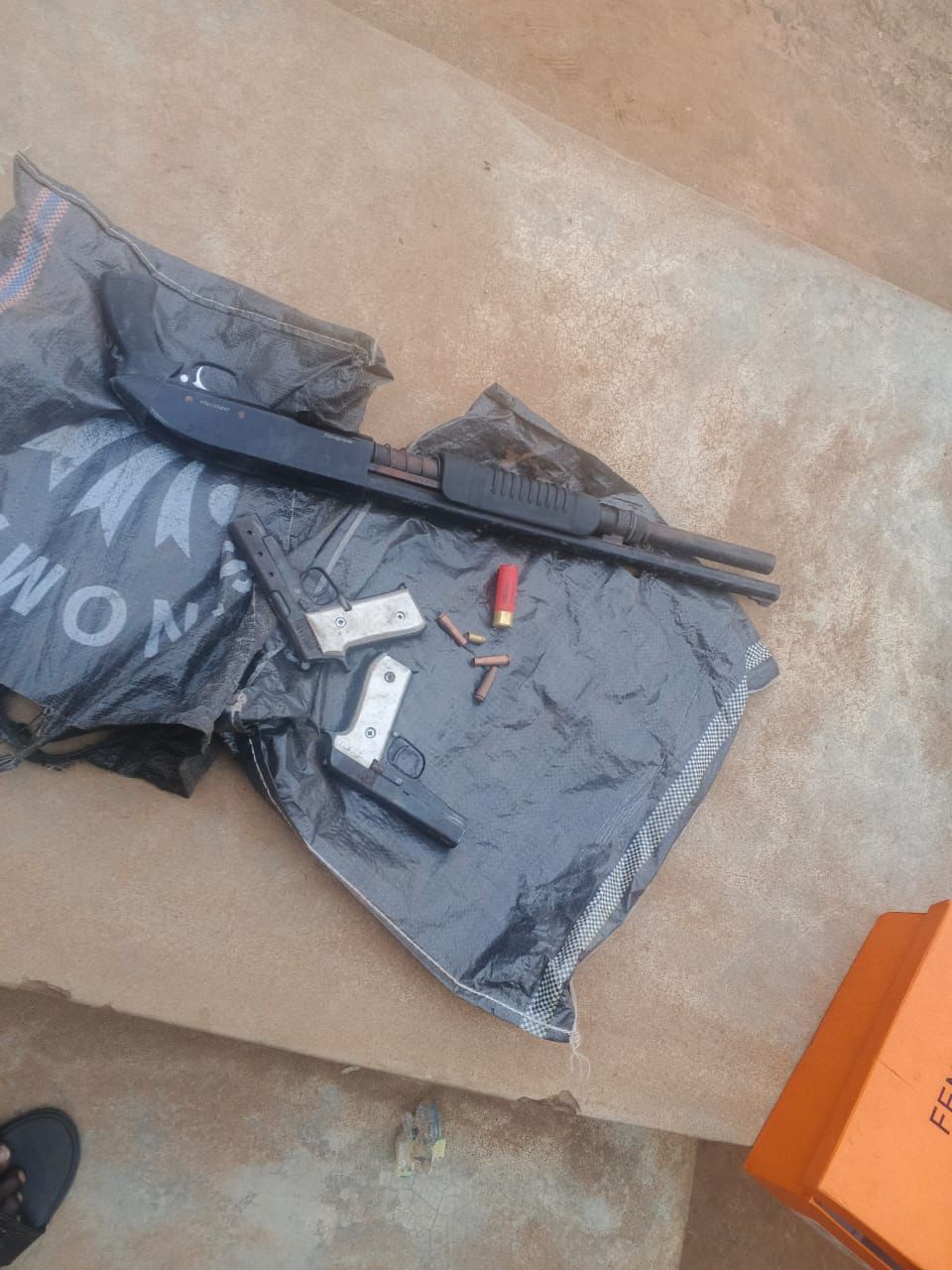Minister of Finance and Coordinating Minister of the Economy, Mr Wale Edun, yesterday said the number of Nigerians (84 million) living in poverty is unacceptable to President Bola Ahmed Tinubu
The situation makes ending poverty a priority for the Administration, he added.
The minister hopes the N25,000 conditional cash transfer to 15 million households, which began yesterday, will help address the problem for the most vulnerable in the short term.
President Tinubu launched the Renewed Hope Conditional Cash Transfer initiative at the Presidential Villa.
For three months, 15 million poor households nationwide will receive N25,000 cash support, for which N1.125 trillion has been provided.
It targets over 61 million vulnerable Nigerians and is designed to cushion the petrol subsidy removal pain.
The take-off of the program coincided with this year’s International Day for the Eradication of Poverty.
Among the initial beneficiaries, who were presented with cheques at the ceremony, were Larai Suleiman, Shuaibu Hassana, Sariki Bala Gamu, Okor Jonah, and Hameed Isiaka.
Edun said: “It (the number of poor Nigerians) is unacceptable to the President as it is to the rest of us.
“That is why it is perhaps his number one priority to tackle poverty and he has a program to stabilize and grow the economy in general.”
Nigeria’s population is estimated at over 225 million, according to Worldometer, which provides real-time world statistics.
President Tinubu, represented by the Secretary to the Government of the Federation, Senator George Akume, restated his Administration’s commitment to poverty alleviation.
He said the theme of this year’s poverty eradication day: “Decent work and social protection: Putting dignity in practice for all,” aligns with the Renewed Hope Agenda.
The President said: “Today is a significant day for us in Nigeria and for my administration for it brings with it an opportunity for me to restate my administration’s commitment to poverty alleviation as expressed in my eight-point agenda.
“My government will lead from the front in seeking to ensure that all Nigerians have opportunities decent for dignified work and sustained social protection.
“It is only via a sustained collaborative approach that we can win this war against poverty in Nigeria and the world at large. Hope is here.
“I ask the Nigerian people to please ensure that they key into all the available programs because they are here to help.
“Our objective is to lift millions of Nigerians out of poverty.
“Yet, this will only be possible with the cooperation of the people we seek to help. Let us continue to work together to achieve our collective goal of eradicating poverty in Nigeria.”
Minister of Humanitarian Affairs and Poverty Alleviation, Dr Betta Edu, believes it would amount to sitting on a keg of gunpowder to ignore poverty.
According to her, the N75,000, which each household will receive for three months, can form the capital for some small-scale businesses.
She said: “Beyond this, the government will be providing low-cost shelter for the poor and internally displaced persons as a form of providing that cover for them.
“Other interventions, including the rural vocational skills intervention, will be carried out at a mass scale.
“All of these are targeted at the various dimensions of poverty in the country.
“Poverty is that scourge, a hydra-headed cobra in the room that if not tackled, would consume everyone.
“Sitting and ignoring poverty at any level will only seem or equate to sitting on a keg of gunpowder and that’s why today, the president is tackling it headlong.
“We want to encourage Nigerians, the private sector, and development partners that it’s time to step up to the occasion.
“We have a clear-cut roadmap, an action plan for the eradication of poverty. Everyone must key in and be part of it.”
World Bank country representative, Shubham Chaudhuri, stressed that cash transfers are universally accepted.
According to him, the method has proven to be one of the most effective ways to support those impacted by economic shocks or rising living costs.
Chaudhuri said: “This aid is crucial in helping them overcome the initial period during which they might otherwise be compelled to make decisions with long-term consequences.
“For instance, these decisions might include reducing daily meals to just one or withdrawing their children from school.
“The type of cash transfer referred to as ‘shock-responsive cash transfer’ that is currently being implemented is utilized by countries worldwide to offer temporary relief in such situations.”
The President in July ordered the release of grains to 50 million farmers and households.
He also ordered a review of the N8,000 conditional cash transfer program, which was initially announced by the Administration following the removal of the petrol subsidy.
The sum was initially proposed for payment to 12 million poor households for six months.




